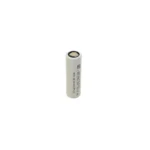
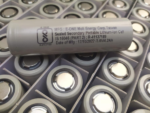
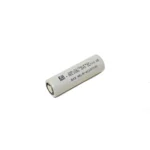
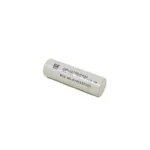
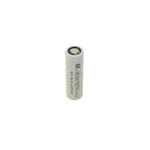
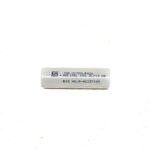
 Power Supply
Power Supply Electronic Components
Electronic Components Development Boards
Development Boards Sensors
Sensors Drone Parts
Drone Parts IoT & Wireless
IoT & Wireless E-Bike Parts
E-Bike Parts Mechanical components and workbench tools
Mechanical components and workbench tools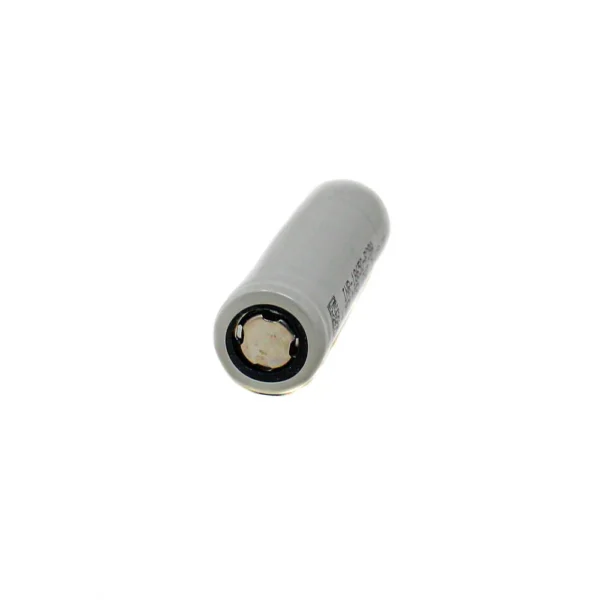
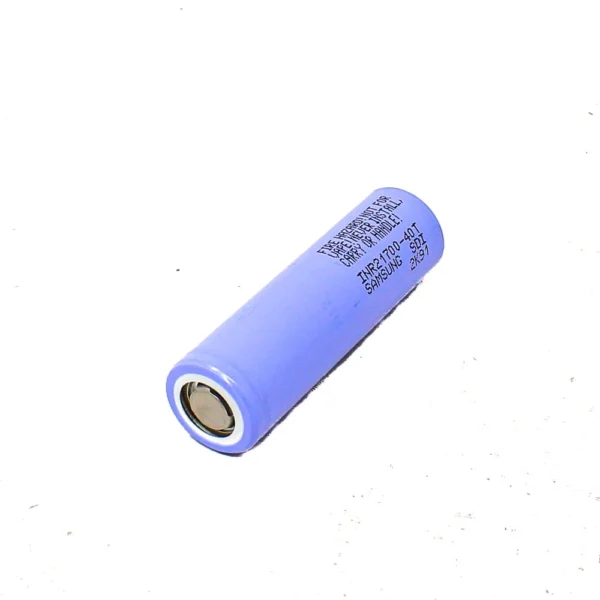






Hurry and get discounts on all Raspberry Products up to 20%
IBOTS1000
₹999.00 ₹750.00
Free
₹75 for parcels below 1 Kg and ₹100 for parcels weighing between 1 Kg to 2 Kg.
2-3 Days
₹75
₹125 for parcels below 1 Kg and ₹175 for parcels weighing between 1 Kg to 2 Kg.
2-3 Days
₹125
₹250 for parcels below 1 Kg and ₹325 for parcels weighing between 1 Kg to 2 Kg.
2-3 Days
₹250
Our courier will deliver to the specified address
2-3 Days
Rs. 99
Payment Methods:
1. Order the Product and Specify the Delivery Method
2. You Will Receive an Order Confirmation Message
3. Wait for Your Order to Arrive
4. Pick up Your Order at The Checkout Area
Lithium-ion battery use has increased dramatically in the modern era. This is due to the extended lifespan, high power frequency, and low cost of production of Li-ion batteries. One advantage of lithium-ion batteries is that they are very portable and reusable. They are commonly used in electric vehicles because of this. Lithium-ion batteries, like any other technology, do offer certain benefits and drawbacks, though.
Li-ion batteries, also known as Li-ion batteries, are a type of rechargeable battery made up of cells in which lithium ions flow from the negative electrode to the positive electrode during discharge and back again during charging. Li-ion batteries are more stable and can be recharged hundreds of times. Compared to other types of rechargeable batteries, they typically have a higher energy density, voltage capacity, and lower self-discharge rate, which results in better power efficiency because a single cell can hold a charge for a longer period of time. For batteries that are not fully charged, use a two- to three-year life expectancy. Lithium-ion rechargeable batteries have a finite lifespan and will eventually lose their ability to store energy. The ageing process of lithium-ion batteries is irreversible, and most manufacturers estimate a minimum lifespan of five years or at least 2,000 charging cycles. However, lithium-ion batteries have a 3,000 cycle lifespan if properly maintained and used.
Qualities:
Only logged in customers who have purchased this product may leave a review.
Categories
Useful Links
Useful Links
No one rejects, dislikes.
It has survived not only.
All the Lorem Ipsum on.
All the Lorem Ipsum on.
 Power Supply
Power Supply Electronic Components
Electronic Components Development Boards
Development Boards Sensors
Sensors Drone Parts
Drone Parts IoT & Wireless
IoT & Wireless E-Bike Parts
E-Bike Parts Mechanical components and workbench tools
Mechanical components and workbench toolsNo account yet?
Create an Account
Reviews
Clear filtersThere are no reviews yet.